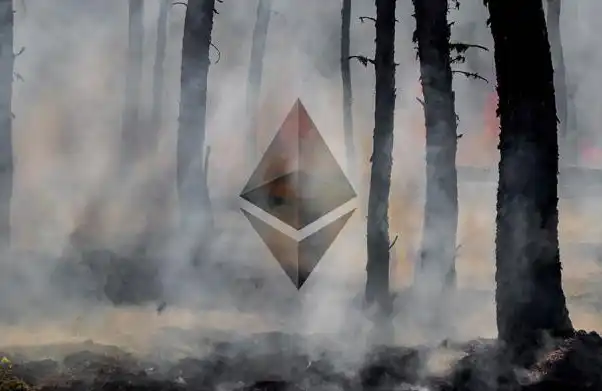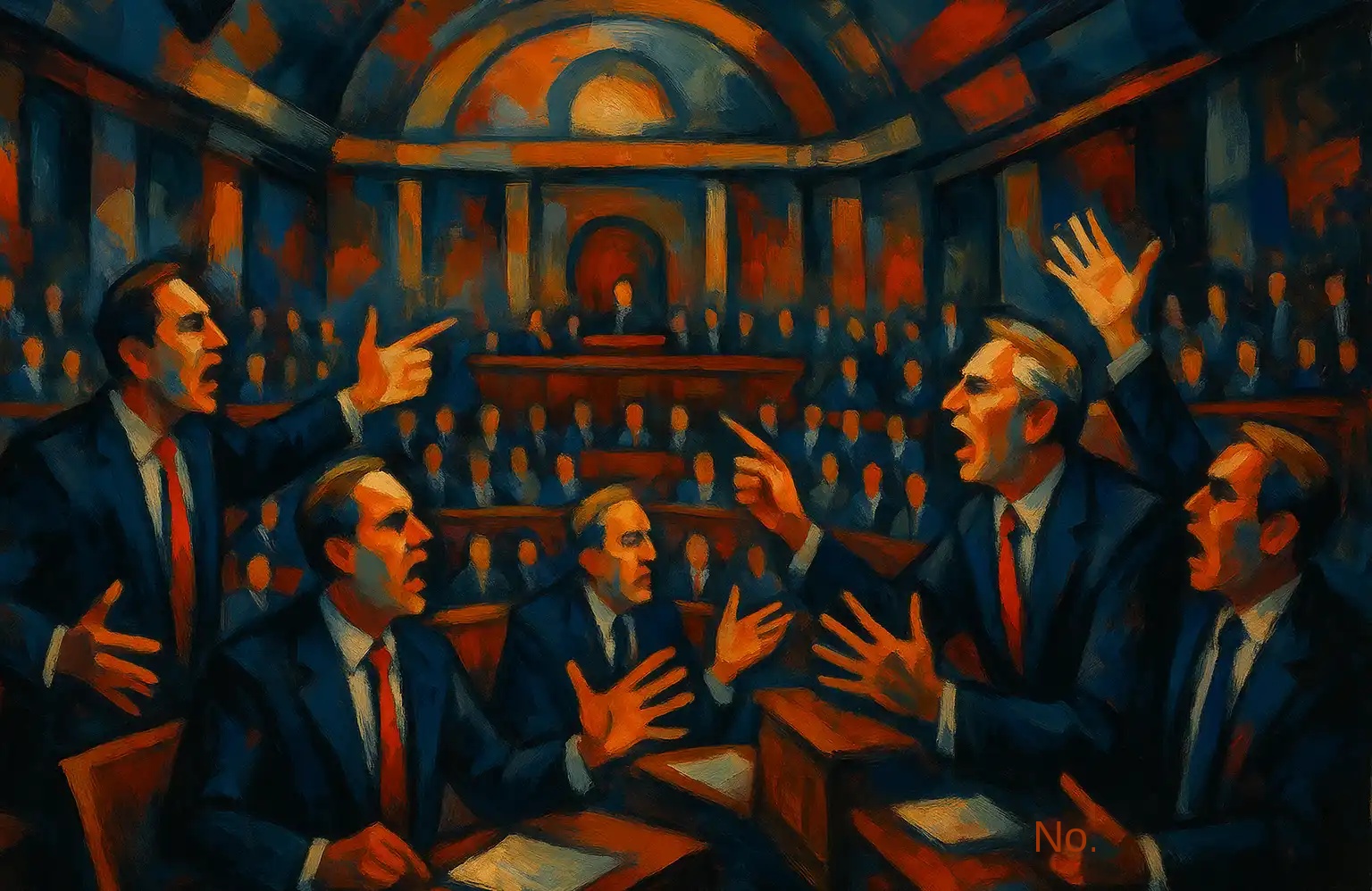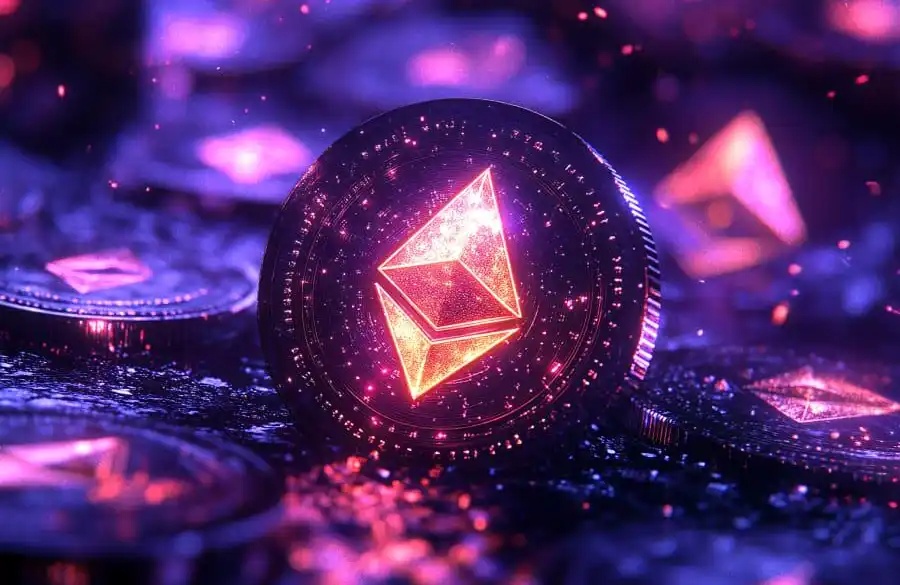BlockBeats Space | Find Devcon treasure in Bogota
After three years, Ethereum developers are finally getting together again. This Ethereum Devcon 6 in Bogota is the first developer conference since the merger was completed. The conference focus ZK (zero knowledge), Rollup and other cutting-edge technologies, blockchain technology track is also more refined. In order to get a better understanding of the conference and the latest trends and development direction of Ethereum, BlockBeats invited industry insiders who were present in Bogota to explain Devcon 6 to us.
The guest
A& Yu Jun, Founding partner of T Capital;
Mindao, founder of dForce;
Chess, founder of Quest3;
Bowen, co-founder of Smrti;
NiftyConnect founder Neinei
The following is a compilation of the text of this Twitter Space:
How is Bogota's Devcon 6 different from the Devcon of the past?
Quest3 founder Chess
Actually, I can't compare well. This is my first Devcon, so I'll tell you how I feel. First of all, it's security. Before I came to Bogota, I heard that the security here is not very good, and I was worried about my personal safety, but actually it's not bad. But Bogota's infrastructure is poor. The overall atmosphere of Devcon was very good, with about three or four thousand attendees, mostly non-Asian North American, South American and European individual developers, with few Asians and Chinese. Touching individual developers more, the project to do more booth.
Smrti lianchuang Bowen
参加黑客松的开发者普遍年轻,他们尝试用 SDK 去开发创新型产品。比如有些人用加密去发聊天,相比之下在 2019 年的 Devcon 上,大家普遍聊的是以太坊 2.0 合并实现等话题,而这次会议,大家主要聊通过 Layer2 升级,如何将单一链升级为模块化区块链。另一方面,Devcon VI 上,以太坊社区开发者生态多样性很强,有世界各地的人过来,当地人不太多。大多会议语种是英语,西语并不多,只有四五个左右吧。
A& Yu Jun, founding partner of T Capital
This is my second Devcon and my mindset has changed a lot since last time. This time I regard myself as a builder. Ethereum Foundation has grown a lot in recent years. The exhibition center has five floors and more than a dozen different rooms. The meeting covered the details of ZK, Rollup, and participants quickly found out what they were interested in.
dForce founder Mindao
Last time I was in Osaka, I think what gave me the most sense was that we were experiencing a virtual country tour, so I recommend that you go there when you have the chance. Go to the scene to feel the next borderless virtual country produced, is a pretty big shock. One of the nice things about the developer conference is that there is no social pressure at all, of course you will meet some old friends, but networking is not a necessary job, unlike the 2049 conference, which is mainly for networking or BD, you have all the time in 4 days filled with various technical talks. I think very few people in your normal time to listen to the four days of intensive lecture series.
Devcon is becoming more of a ceremonial conference. From a technical perspective, the ZK theme dominates. Capacity expansion is currently facing a bottleneck. Although the online of two Layer 2 in 2021 will alleviate this bottleneck, capacity expansion still faces another problem, that is, the liquidity of Ethereum is cut, which causes problems in the composition of Ethereum applications. Rolllup may be useful for Ethereum throughput and scaling when it comes out, but I think it's early days and it's still 2-3 years away from mass adoption.
At Devcon VI, regulation and Ethereum anti-censorship are also focused, and regulation will likely have a big impact on DeFi and stablecoin development in the future. In addition, a new kind of Staking is staking, as is the argument for making Ethereum public good, UBI, etc. So Ethereum "self-reflection" is very strong, for potential problems, new solutions have emerged in technology.
Neinei
This was also my first Devcon, so it was probably relatively light from a point of view. But I also asked a few friends, and everyone agreed that this year was more orderly than the last meeting. There are a lot of sub-venues, and the capacity of each room is limited. Many meetings cannot be entered if they are full. One of the things that's interesting is that the hackathons of the last few days were about 50 percent female, and the percentage of women in the whole ecosystem is going up. The Ethereum community is becoming more open and younger.
What are some new trends on DevconVI?
Bowen
I prefer EIP-4844, Rollup, MEV, Multi-chain and On chain GameFi. I think that's what the Ethereum Foundation will be focusing on three years from now.
以太坊目前有 3 个诉求: 首先,全线 TPS 是未来的诉求,同时生态多样性和去中心化也被高度关注。其次,以太坊上 Layer2 数量未来会大幅度增加。再次,以太坊是一个有状态的普世公链,最重要的交易不会都放在主链上。并且 Dapp 的操作门槛需要降低,让更多人参与进来。
Personally, I'm a big fan of on-chain games, where you can make an NFTS of in-game assets for users to trade. For example, a mediocre game with poor experience, but the game process includes on-chain transactions, each on-chain transaction will be made into an NFT, and the price will be based on the rarity. Although the chain game is not formed yet, it will be exploded in the future. At the same time, I think it is a potential development direction to try to develop decentralized applications with ZK-snark technology in the future.
Yu Jun
I focus on wallets and DIDs. The decentralized wallet is not applicable enough, and it is not smooth and smooth to use. It is suggested that the project side should improve in this aspect. From an investment perspective, this direction presents great opportunities. Wallet is the passport of Web3 in the future, similar to significance, it is a sign of identity. Vgod is also working to improve the shortcomings of decentralized wallets.
Neinei:
I had paid relatively little attention to the topic of privacy before, but that activity had a deep impact on me. This was a topic we had relatively little discussion about in China, and we talked a lot about privacy in different countries.
Chess:
Devcon focuses on all-in-one accounts, gas and applications. Integrated account means that an account may be simplified into a low-level module combined with DID. Can it be effectively referenced by more developers? It tends to be centralized, which is a very definite direction. Gas: Gas needs to be reduced for users in Latin America, Africa, and other poor regions of the world. It is very important not to make the friction wear so high that they cannot afford it. Application level: Devcon doesn't focus on specific directions, but rather encourages technological innovation from the bottom up, and then someone will always add more interesting applications to those innovations.
Mindao: There is a problem to be solved with the Rollup idea. The capacity of a single blockchain is always limited, so if there is no composability between chains, no internal interaction, this will create a huge problem. There is independence between Rollup and rollup, and if there is no such combinability between chains, the fluidity is cut.
DeFi, NFT and GameFi development encountered a big problem because they did not consider the liquidity itself rollup. For example, why wasn't Compound deployed in other stores? Because once deployed, its liquidity mining would be put on other chains for stimulation, and the liquidity of the main network might be lost immediately. If a certain amount of liquidity cannot be maintained on a certain chain, the whole interactive lending behavior is difficult to develop, and the swap sliding point is too high. This meeting mentioned connectivity between different chains, which is the direction of future development.
On chain GameFi is different from the current GameFi. To some extent, more game interaction modes combined with DeFi may give rise to a lot of portfolio NFT assets. On chain GameFi relies on a more high-performance rollup chain split. However, it can lead to a completely spontaneous pattern, where dozens of clients are developed by the community, and the overall evolution pattern is very similar to the programmability of DeFi.
On the application side, much else is staking in the node, and many developers are considering combining the attribute of node staking with a good cause. The combination of apps like this is more likely to be recognized by mainstream society.
Interesting project for Devcon
Bowen: There's a hackathon project called Victory Auction, which is like Google's bidding rankings. Google bid ranking is actually the first person to pay the price of the second person to get the auction results. The team did a way to privalize user bids by Z, and then pay the second bid by the first bidder, which is a new financing method, or an NFT pricing method.
Neinei: In talking to people at the Ethereum Foundation, we think there's a lack of understanding or even a bias towards NFTS. I think NFTS should be easier to build consensus on and will play a bigger role in the future of Web3.
Mindao: I am interested in solving the NFT liquidity problem through AMM Lending and the extension of NFT use cases. I think in the whole Crypto market in the future, PFP type of NFT is not the most mainstream model, the more mainstream model is the combination of NFT and application. NFTS with more app attributes, including game items, are going mainstream.
A big problem with Ether as a whole is that much of the entire liquidstaking is over-focused on one or two asset agreements. An NFT project aims to NFT-ize individual nodes, without hosting the assets themselves to a so-called decentralized service provider. This is actually a model of securitization to some extent. The advantage is that this not only creates a secondary market, but also enables transactions between nodes. In addition, all assets are tied to NFTS, so the income of each asset is different. Some nodes may make a lot of money. That's a direction I'm looking in.
Chess: I think it's like the European medieval era, the etheric, V or the whole of the ETH god is like the Pope, then here are a a castle, each of the castle is now in the chain of application or product or agreement or developer, they are in place to the accumulation of the different but actually in the middle ages, The number of people each castle can hold is extremely limited, much like the state of the entire blockchain today. It was how the king managed the whole ideology of collecting taxes, making people worship him and trust him.
This is very much like Layer1 and Layer2, a lot of the major nodes will be in L1, and probably a larger population focus will be in L2, and then the king doesn't directly administer these people either, they're constantly propagating through the various monasteries of the doctrine Bible, and Devcon is very much like this annual revelation convention. ETH conferences are like regular local church services, constantly trying to get people to understand where the whole thing is going.
If we are still stuck in the war and expansion of medieval castles, in fact, its efficiency and productivity are very backward, very low, of course, its legitimacy is extremely strong. At this point I think the biggest opportunity for all Chinese project partners is that you don't necessarily have to follow the biblical route, it's about what things can be put together and brought to use, these infrastructures are the means, and then built into a front-end and usable application, which is very valuable.
Why is Devcon being held in South America?
Mindao:南美洲的加密基础很好,有现实需求,由于该区域国家存在普遍通货膨胀的情况,所以当地用户对货币自由是有需求的。比如 Maker DAO 的核心开发人员就都是南美人,融资的时候很好讲故事,比亚洲更加多样化。
Neinei:
the phrase that impressed me most was ETH wants to plant the seeds. The Ethereum community is actually looking to seed in a number of countries. In relatively underdeveloped countries, Ethereum may be full of a possibility, full of this tension and opportunity. Latin America as a whole is perfect for web3. With fewer than 500 million Internet users in the whole of Latin America, user growth is higher than anywhere else in the world, so there is potential for web3 here. Another possibility is that because of the low price, the cost of participants coming to South America is low, so people can afford it.
In fact, there are not so many black people attending Devcon VI this time, so there is still a very strong white male dominance, about 85% or more. I think if it's possible, I'd like to have the meeting in a new place next time, like Africa, for example, and I would then I would definitely love to go.
Chess
Frankly, I think it's probably more symbolic than practical. The essence of Devcon VI is to convey a spirit, to tell the local people, I think therefore I am here, and then this is a great opportunity. Then you can see how people from other places do, how to learn, what can be used for reference, and then to adapt to local conditions in their own place to carry out more interesting activities and things, I personally think this has greater significance and value. I think next time we should go to Africa, maybe the South Pole. The meeting must have a threshold, the next time you go directly to a tribe in Nigeria, set up a tent, everyone will attend the meeting in the tent, and then wear the tribal clothes, and dance the torch at night, and then you have to make spiritual pilgrimage, and then strengthen the ideology, and then establish an ideal country, actually I think this is very interesting.
You need to raise the ceiling, and then make it seem more religious than temporal, so that you can develop it with more of these underlying ideas, such as non-intervention, such as more diversity, allowing a variety of civilizations and possibilities to emerge.
I think for us, we need to figure out where are the opportunities for Chinese entrepreneurs? The convention is actually very lively, but most of the lively belongs to the foreigners, belongs to the westerners, if we follow them all the time, we can eat some meat or some opportunities, but not necessarily you can follow so closely, there are all kinds of limiting factors.
The medieval era of the castle will eventually evolve to capitalism, and capitalism will ultimately fight for the efficiency of customer acquisition, retention of users, and the overall rate of progress in productivity and production relations. Regions with faster progress will surely reduce dimensionality at the expense of regions with lower progress.
Before the '70s and' 80s, the South American economy was actually doing very well, and then in the '70s and' 80s the interest rate hikes in the United States started to basically take out the whole of South America. If you watch some documentaries about South America, you will find that the colonization of South America by the Americans in North America in the whole history is very horrible, from the exploitation of the bone, so it is difficult for the local enterprises to be very big, whether it is their work efficiency, then time or all kinds of things.
Yesterday I saw a local advertisement, there is a listed e-commerce company founded in Argentina in 1998, which occupies a good share in the whole South America. They are a bit like the Taobao of South America, and they also have their own Alipay business, but until today, mobile payment in most South American states is very backward. They are also using credit transfers similar to those between banks in Singapore. I actually think it's a great opportunity.
Moreover, in the past, it was difficult for traditional Chinese Internet entrepreneurs to have a greater opportunity to do more business here, because of the first-mover advantage. But crypto provides a great bridge, allowing you to pass on corners. That's the question I think we should be thinking about as builders or as entrepreneurs, where are our opportunities? They're the ones who lit it. How can we keep it going? And then one last point is that Buenos Aires is the capital city of Argentina, and if you put a hole through the earth, you would find Shanghai on the other side, which is very interesting. If you fly all the way to Buenos Aires as a Shanghainese, you've actually gone to the furthest place in the world. So if you're a Chinese entrepreneur who traveled all the way to Bogota, I think you've already seen most of the possibilities in the world.
Therefore, I think it is necessary to take a look at the market in various places if possible. In fact, you will find that the arbitrage of geographical differences between markets is the biggest opportunity for entrepreneurs, which is far more than any kind of legitimacy and brand stamp and authorization.
Welcome to join the official BlockBeats community:
Telegram Subscription Group: https://t.me/theblockbeats
Telegram Discussion Group: https://t.me/BlockBeats_App
Official Twitter Account: https://twitter.com/BlockBeatsAsia
 Forum
Forum OPRR
OPRR Finance
Finance
 Specials
Specials
 On-chain Eco
On-chain Eco
 Entry
Entry
 Podcasts
Podcasts
 Activities
Activities







